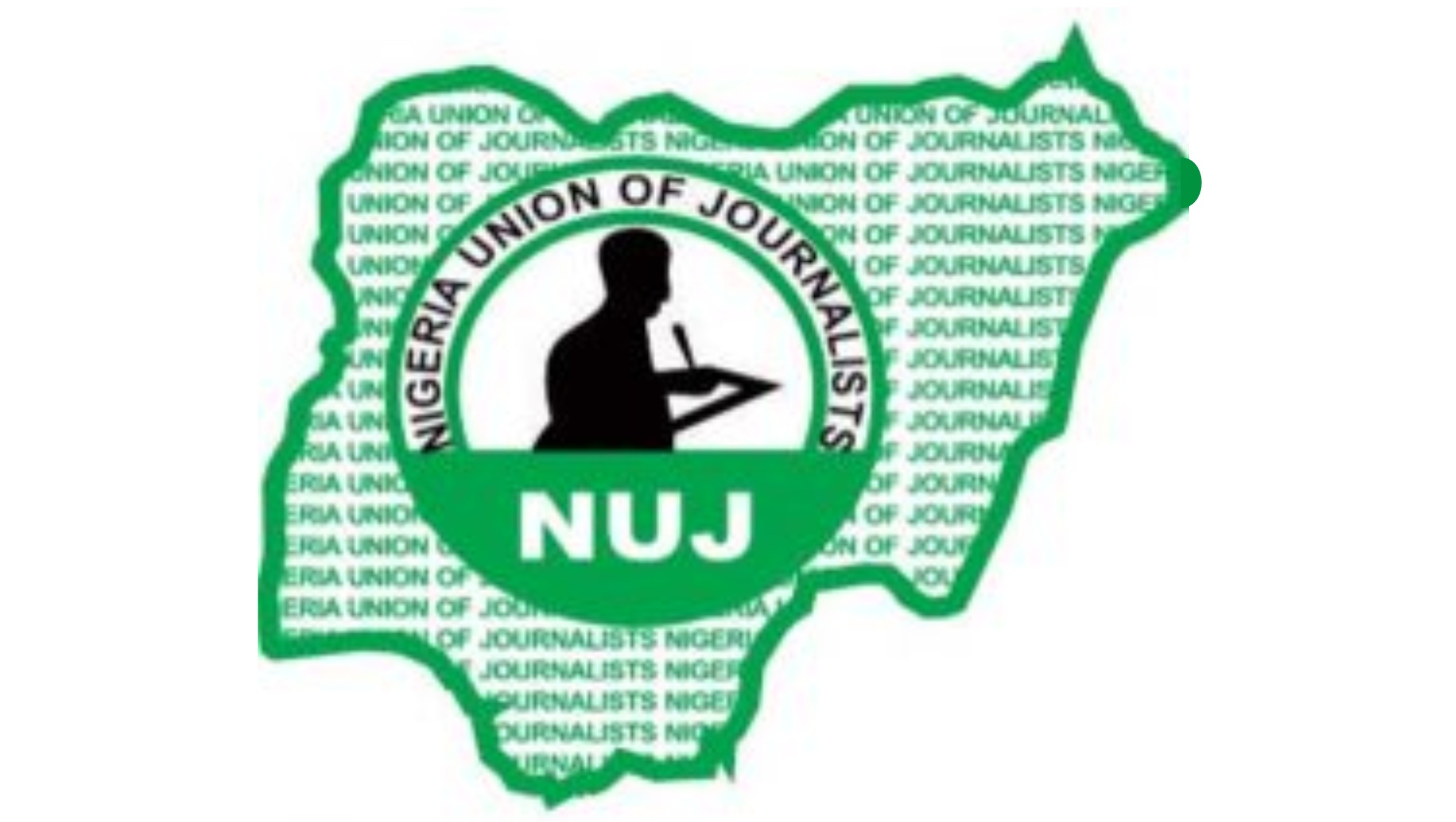Ict/Telecom
S’ African Police Probe Leaked e-Mails On Govt Contracts
South Africa’s elite police unit, the Hawks, has opened an inquiry into thousands of leaked e-mails involving alleged improper dealings in awarding government contracts, the unit’s spokesman said on Monday.
“An inquiry has been opened … obviously, we will look at the authenticity of these e-mails, how were they leaked, but this is something that we’ve just started,” the spokesman said.
Some South African media reported last week that they had access to more than 100,000 leaked documents and e-mails that showed improper dealings in government contracts by business friends of President Jacob Zuma.
Zuma has denied wrongdoing.
The Tide source reports that on June 1, leaked documents released by the South African media alleging improper dealings in government contracts will open Zuma up to renewed scrutiny and may deepen divides in the ruling African National Congress.
Zuma has survived calls to resign from within the usually united ANC in recent weeks due to disputes over political appointments and his friendship with the Indian-born Gupta family, wealthy businessmen whose companies have contracts with state-owned firms.
Investigative journalists at AmaBhungane, a non-profit group that has a strong track record of exposing what it says are government corruption scandals, released some of more than 100,000 leaked e-mails and documents.
It says they prove Gupta-owned companies unduly influence the award of government contracts worth hundreds of millions of dollars, including the building of locomotives and pre-payments for coal deliveries before a deal was signed.
A Gupta family spokesman did not respond to questions by phone and said he may reply to e-mailed inquiries from sources later.
The Gupta family and Zuma have denied wrongdoing when similar allegations have been made in the past.
Spokesmen for Zuma and the ANC did not respond.
Zuma’s camp is expected to back his ex-wife and former African Union chair Nkosazana Dlamini-Zuma, while another faction will support Deputy President Cyril Ramaphosa.
The contents of the leaked confidential government documents will likely embolden Zuma’s opponents in the ANC who want to oust him or prevent his chosen successor from becoming party president in December, analysts say.
“The leaks will play into the factional battle over succession which is getting intense. The stakes are very high,” said Daryl Glaser, politics professor at Johannesburg’s University of Witswatersrand.
“I don’t think that what comes out will be enough to result in Zuma resigning before December.”
A constitutionally mandated anti-graft watchdog alleged in a report in 2016 that the Guptas had undue influence over government officials and former deputy finance minister Mcebisi Jonas said he was offered a promotion by the family
Ict/Telecom
Technology, Others Responsible For Nigeria’s Bonga Oil Operations
The Managing Director, Shell Nigeria Exploration and Company Limited (SNEPCo), Elohor Aiboni, said Bonga, Nigeria’s first deep-water asset, has recorded major milestones, due to effective leadership, cutting-edge technology, continuous improvement and collaboration with stakeholders.
She noted that since coming on stream in November 2005, Bonga has maintained a track record of production that saw it achieve one-billion-barrel export on February 13, last year.
In her presentation, titled “The Bonga Journey to a Billion Barrels”, at the ongoing 2024 Offshore Technology Conference in Houston, Texas, United States, Aiboni, said: “SNEPCo is grateful for the contributions of all the parties to the Bonga story and we can all be proud of the milestones.
“Bonga has been consistent. In 2014, nine years after coming onstream, it achieved half a billion barrels of crude and doubled it in 2023. We have worked relentlessly to ensure excellent asset management, project and wells delivery and deployment of technology and innovations in our operations”.
According to her, these factors, “coupled with the supportive partnership of the Nigerian National Petroleum Company Limited and our co-venturers – TotalEnergies, EP Nigeria Limited; Nigerian Agip Exploration; and Esso Exploration and Production Nigeria Limited, make Bonga stand out as a world-class investment case”.
She continued that, “SNEPCo also enjoyed the support of the Nigerian Upstream Petroleum Regulatory Commission (NUPRC) and the Nigerian Content Development and Monitoring Board (NCDMB) in the success of Bonga operations”.
Aiboni also listed the challenges of keeping the Bonga Floating Production, Storage and Offloading vessel full as the asset ages and dealing with unexpected developments with subsea wells and equipment.
She said: “SNEPCo responded with a campaign of operational excellence, which among other initiatives, led to the creation of a programme known as the Bonga Business Improvement Plan that continually reviews and identifies improvement initiatives and drives sustainability in operations and upskilling of staff.
“The Bonga success story has been led by Nigerians who have been managing directors of SNEPCo since it was established in 1993, in a deliberate policy by Shell to develop indigenous manpower for deep-water operations in Nigeria.
“Today, some 97percent of the SNEPCo workforce is Nigerian and overall, Bonga has helped to create a new generation of Nigerian deep-water professionals.
“Our vision at SNEPCo remains to be the best deep-water business, powering growth and achieving net zero emissions in line with Shell’s Powering Progress strategy”.
Ict/Telecom
Banks Cut Borrowing From CBN By 44%
Banks’ borrowings from the Central Bank of Nigeria (CBN) fell month-on-month, (MoM) by 44 percent to N12.16 trillion in April from N21.7 trillion in March.
Analysis of latest data from the CBN shows that the 44percent drop represents the first MoM decline in banks borrowing from since January when it increased by 268.7 percent to N3.6 trillion from N976.29 billion in December 2023.
However, further analysis showed that banks’ deposits in the CBN SDF grew MoM by 118.4 percent to N428.97 billion in April from N196.37 billion in March 2024.
Banks make use of the SLF to access liquidity to run their day-to-day business operations while the Standing Deposit Facility window (SDF) on the other hand, is an overnight deposit facility that allows banks to lodge excess liquidity (money) with the CBN and earn interest.
The decline in banks’ borrowing from SLF may reflect an increase in banking system liquidity and also the decision of the apex bank last year to remove the limit on the remunerable daily placements by banks at the SDF.
According to the CBN Governor, Mr. Olayemi Cardoso, the CBN removed the cap on the remunerable SDF to increase activity in the SDF window and manage liquidity.
Ict/Telecom
Expert Highlights Technology Impact On Fintech Industry Growth
A Financial technology expert, Olatunji Akinrinola, has highlighted the exponential growth of the FinTech industry, which according to him, was driven by technological advancements.
Akinrinola made this assertion in a press release recently, where he stressed that the role of technology in driving this exponential growth in the FinTech sector was very outstanding.
According to him, Technology has revolutionised the way financial services are delivered, making them more accessible, efficient, and inclusive.
“Through innovations such as mobile banking, digital payments, and blockchain technology, FinTech companies have been able to reach a larger population and provided them with access to financial services”, he stated.
Akinrinola emphasised the role of technology in enabling financial inclusion, adding: “Technology has democratised access to financial services, particularly in regions with limited banking infrastructure.
“Mobile money platforms and digital wallets have empowered individuals to conduct financial transactions conveniently and securely, without the need for traditional banking services”.
He also underscored the role of Artificial Intelligence (AI) and data analytics in driving innovation within the FinTech industry, noting: “AI-powered algorithms and predictive analytics have revolutionised risk assessment, fraud detection, and customer personalisation in financial services.
“These technologies enable FinTech companies to provide tailored solutions and mitigate risks more effectively, ultimately enhancing the overall customer experience”.
Akinrinola stressed the importance of regulatory frameworks in fostering the growth of the FinTech industry.
“While technology has accelerated the growth of FinTech, it is essential to establish robust regulatory frameworks to ensure consumer protection and maintain market stability. Regulators play a crucial role in balancing innovation with risk management, thereby creating a conducive environment for the sustainable growth of the FinTech sector”, he stated.
Akinrinola underscored the role of technology in driving the exponential growth of the FinTech industry, saying, “Technology has been a game-changer for the FinTech sector, enabling innovation, expanding access to financial services, and driving economic growth.
“As technology continues to evolve, the FinTech industry will undoubtedly play a significant role in shaping the future of financial services ecosystem”.
Corlins Walter
-
Business14 hours ago
Agency Partners Foreign Varsity On Climate-Smart Agriculture Advancement
-

 Nation15 hours ago
Nation15 hours agoNUJ backs proposed strike by Lagos-owned media workers
-

 Niger Delta13 hours ago
Niger Delta13 hours agoFouchee Celebrates Asari’s Recognition
-
Niger Delta14 hours ago
NDDC Boss Thanks God For Transformation … Promises More Infrastructural Projects
-
Business14 hours ago
NACCIMA Rep Urges Farmers To Exploit Hybrid Oil Palm Seedlings
-
News15 hours ago
4 Professors, 2 SANs Unveil Book On FUBARAISM …Commend Rivers Gov’s Dev Strides
-

 Politics12 hours ago
Politics12 hours agoNASS Sets Date For 2025 Budget Passage
-

 News14 hours ago
News14 hours agoNothing’ll Stop Governance In Rivers, Fubara Assures …Says We Won’t Allow Anyone Take State For A Ride

